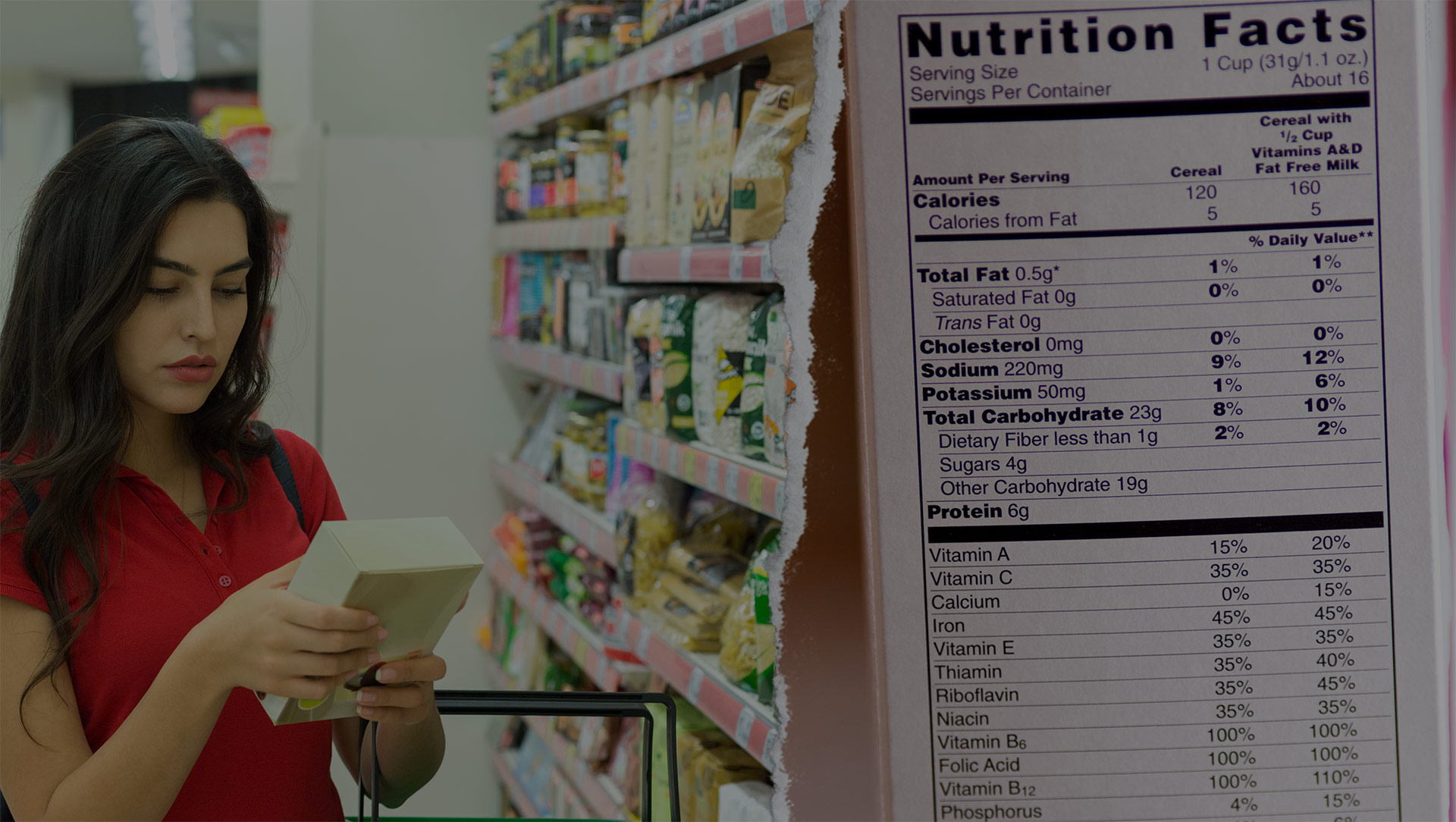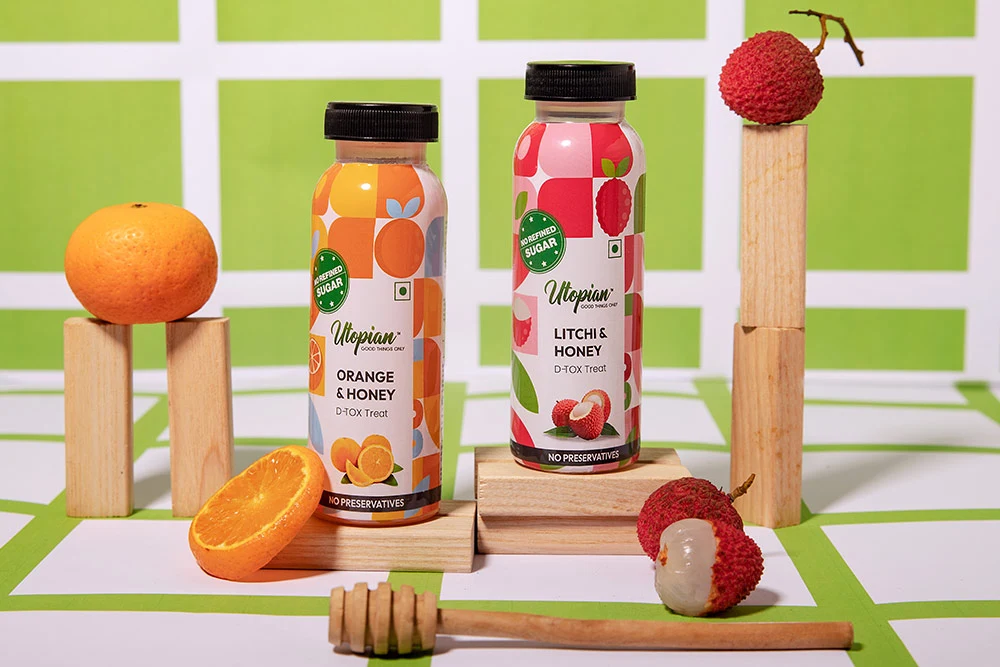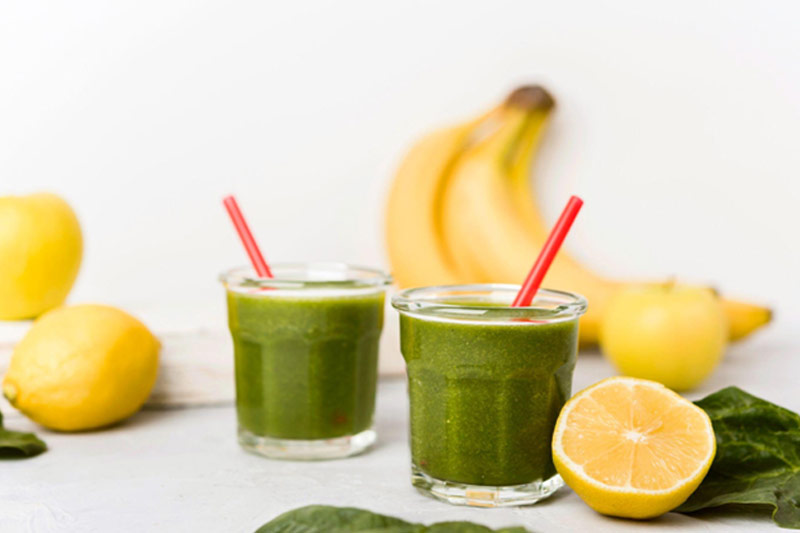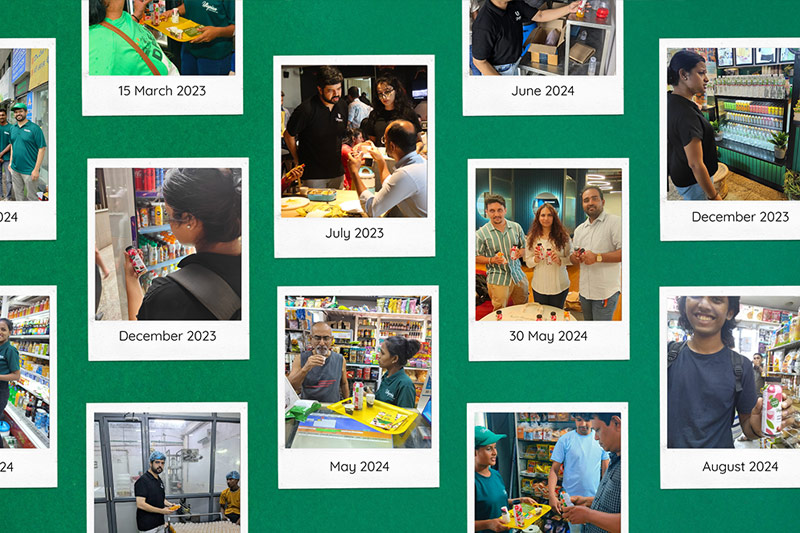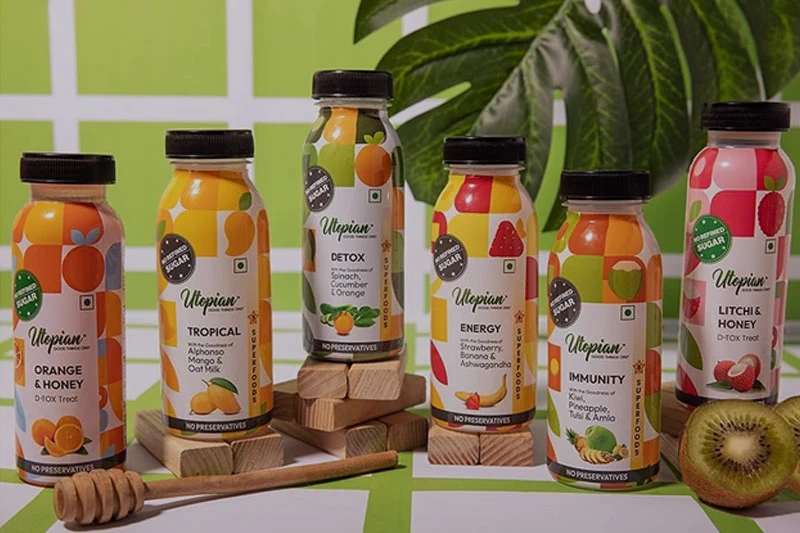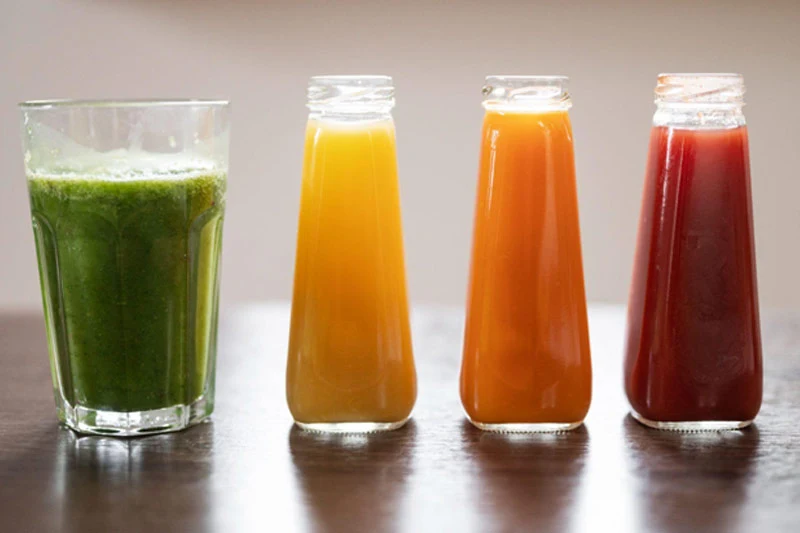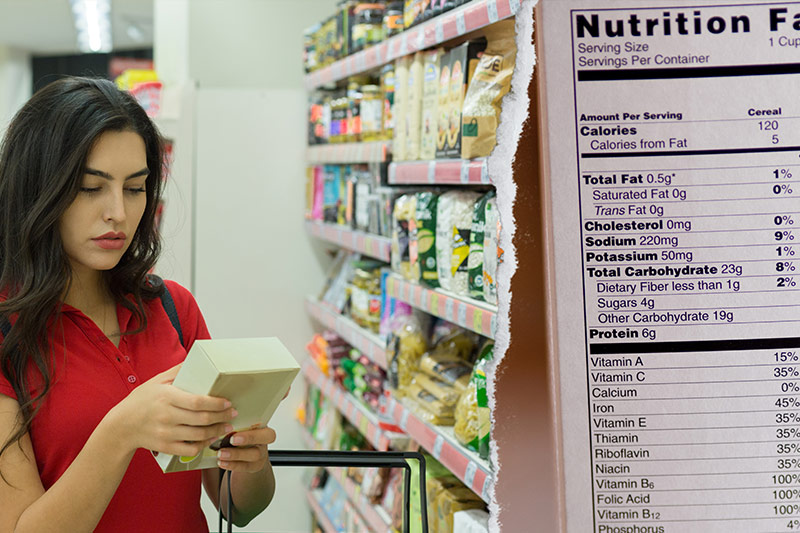
Healthy Diabetic-Friendly Cold-Pressed Juice & Smoothie Options
From the spices that flavor our curries to the milk that nourishes our children, food is the heart and soul of India.
But recent scandals involving popular brands have shaken our trust in the very products we rely on. These incidents have exposed cracks in the system, revealing a pressing need for greater transparency, accountability, and consumer awareness.
As we observe World Food Safety Day on June 7th, we reflect on the state of food safety in our nation. These controversies are a wake-up call, urging us to take a closer look at what’s on our plates and demand better from the companies that feed us.
In this article, let’s discuss the power of label literacy, its importance, and the role of initiatives in building a more transparent and accountable food system in India.
Cracks in the System
Recent allegations against Everest masala have raised concerns about the accuracy of ingredient labeling and potential adulteration. While the company has denied these claims, the incident has ignited a wider conversation about transparency and quality control in the spice industry.
Meanwhile, Nestle’s Cerelac faced a public outcry after a report revealed that the company adds sugar to its infant milk formula sold in developing nations, including India, while omitting it in European markets.
This double standard sparked a heated debate about corporate ethics and its impact on children’s health, particularly in a country grappling with high rates of malnutrition and childhood obesity.
Adding to this series of concerning revelations, the Food Safety and Standards Authority of India (FSSAI) recently announced that food companies can no longer claim their products are “100% fruit juice” if they contain added sugar or other ingredients.
Though different, these incidents point to systemic issues within the food industry. They expose a lack of transparency, potential gaps in quality control measures, and a concerning disregard for consumer well-being in certain cases.
These revelations have left many of us feeling betrayed and anxious, questioning the safety of the food we bring into our homes.
Label Literacy
Amidst these controversies, one thing has become crystal clear: understanding what’s truly in our food is more important than ever.
Yet, the truth is that many of us still struggle to decipher the complex jargon and confusing symbols on food packaging. Even terms like “natural” or “healthy” can be misleading, leaving us vulnerable to marketing tactics.
However, the consequences of low label literacy are far from trivial. Without understanding what’s in our food, we could consume hidden allergens, excessive sugar, sodium, or unhealthy fats. Misleading claims could even trick us into thinking a product is healthier than it actually is.
For example, a product labeled as a “healthy smoothie” or a “low-calorie drink” can contain added sugars under different names, such as cane sugar and high fructose corn syrup, which can significantly contribute to the drink’s calorie count.
So, when products are marketed as no-sugar drinks or low-calorie drinks, consumers should be able to verify that claim in the ingredient list, making label literacy a much more important factor than a matter of convenience today.
Food Pharmer’s Label Padhega India Campaign
Thankfully, initiatives like Revant Himatsingka’s (Food Pharmer) “Label Padhega India” campaign are stepping up to bridge this knowledge gap.
The campaign aims to demystify food labels by explaining key terms and offering practical tips for making healthier choices. By encouraging consumers to simply “padhega” (read) the label before we buy, the campaign empowers us to take control of our food choices.
And the impact is already being felt. Through social media, workshops, and other outreach efforts, “Label Padhega India” is reaching a wide audience, including those who may not have access to formal nutrition education.
The campaign, which focuses on practical knowledge and actionable steps, is helping us make smarter decisions about the food we buy and consume.
Clean Labels & Transparency
The movement for safer food goes beyond simply reading labels.
More people are now seeking out products with “clean labels,” a term that signifies a commitment to simple, recognizable ingredients free from artificial additives and GMOs.
We want to know not just what’s in our food but where it comes from, how it’s made, and its impact on our health and the environment.
At Utopian Smoothies, we understand the importance of this shift. We’ve built our brand on a foundation of transparency and a commitment to using only the highest quality, clean ingredients.
We believe that our consumers deserve to know exactly what they’re putting into their bodies, and we strive to provide that clarity through our labeling and communication.
That’s why we came up with the “Good For You” series, which goes beyond our delicious and nutritious drinks. We’ve created an initiative to promote a healthier lifestyle, led by pro-nutritionists and health experts.
Each month, we explore different topics about health, wellness, self-care, and everything that contributes to a balanced and fulfilling life. These partnerships highlight how our no sugar drinks complement a healthy and active lifestyle.
But true food safety goes beyond individual brands. It requires a collective effort from consumers, companies, and regulatory bodies. We need to support brands that prioritize our health and well-being and hold accountable those who fall short.
Conclusion
The road to a food-safe world may seem long, but it begins with each of us.
By taking small steps, demanding better from brands, and supporting initiatives like “Label Padhega India,” we can create a future where food safety isn’t a luxury anymore but a basic right we all enjoy.


